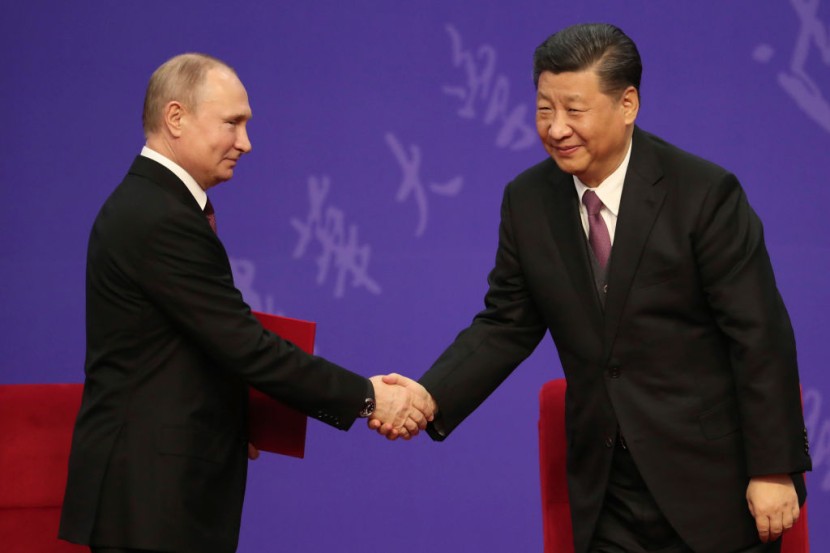
Russia, which was previously one of the most powerful countries in the space race, is now relying on China for its space program.
Russia and China have previously pledged to cooperate on launching expeditions to the moon and an asteroid as the United States and its partners continuously push the boundaries of space exploration, according to The New York Times.
More than sixty years ago, Moscow had been the first to put a satellite in space. On April 12, 1961, the Soviet Union sent Yuri Gagarin to space, making him the first man to be sent into orbit.
Global Space Race
While Russia fell behind the National Aeronautics and Space Administration (NASA) in the space race that followed, it cooperated with the United States to build and operate the International Space Station for the last twenty years.
Now, Russia has pledged to work together with China to compete in the new era of space competition. Both countries now plan to launch a robotic mission to an asteroid in 2024. They also spoke of plans to build a permanent research base on the moon by 2030.
The first of the plans to build a base on the moon begins October, when both countries would launch "Luna," a Russian spacecraft. The mission hopes to locate ice on the moon to provide water for future missions.
Until October 2020, it was unknown to researchers how much water and ice there was on the moon. But a paper published in Nature Astronomy revealed a crater on the moon that is cold enough to hold onto water ice for billions of years.
China and Russia have recently fostered a relationship under current Presidents Xi Jinping and Vladimir Putin. Their partnership, experts believe, could be an unofficial alliance against the United States, towards which both countries have had a tumultuous relationship as of late.
On Jun 7, Roscosmos Director General Dmitry Rogozin, a Russian space chief, threatened to leave the International Space Station program if the U.S. refuses to lift the sanctions it has placed on Moscow's space programs.
International Sanctions
"If the sanctions against Progress and TsNIIMash remain and are not lifted in the near future, the issue of Russia's withdrawal from the ISS will be the responsibility of the American partners," Rogozin said, according to Reuters. "Either we work together, in which case the sanctions are lifted immediately, or we will not work together and we will deploy our own station."
In December 2020, the Trump administration placed sanctions on companies with ties to the Russian military, including JSC Rocket and Space Center Progress and JSC Central Research Institute of Machine Building. Under the sanction, U.S. companies are now required to obtain licenses before they are able to sell services or materials to the foreign firms.
The designation also affected Russia's Foreign Intelligence Service, along with 42 other Russian entities and 58 Chinese companies.
China, a latecomer to space exploration, had never been invited to join the International Space Station, in part because of a 2011 legislation that banned NASA from engaging in any cooperation with the Chinese space administration due to risk of espionage.








